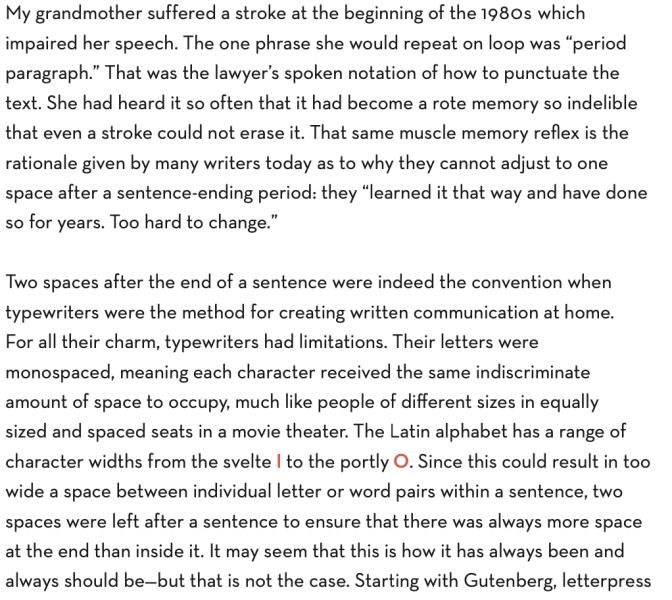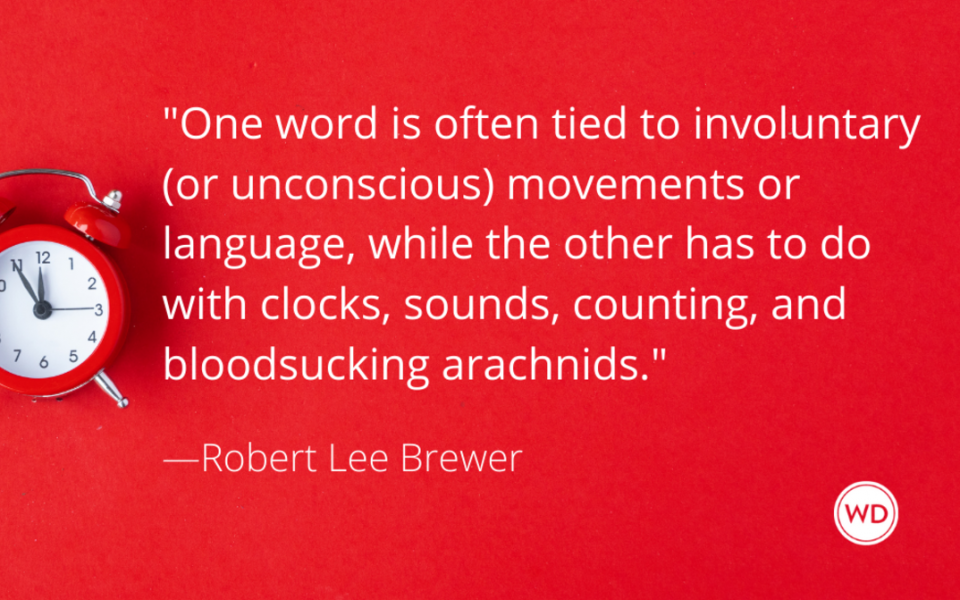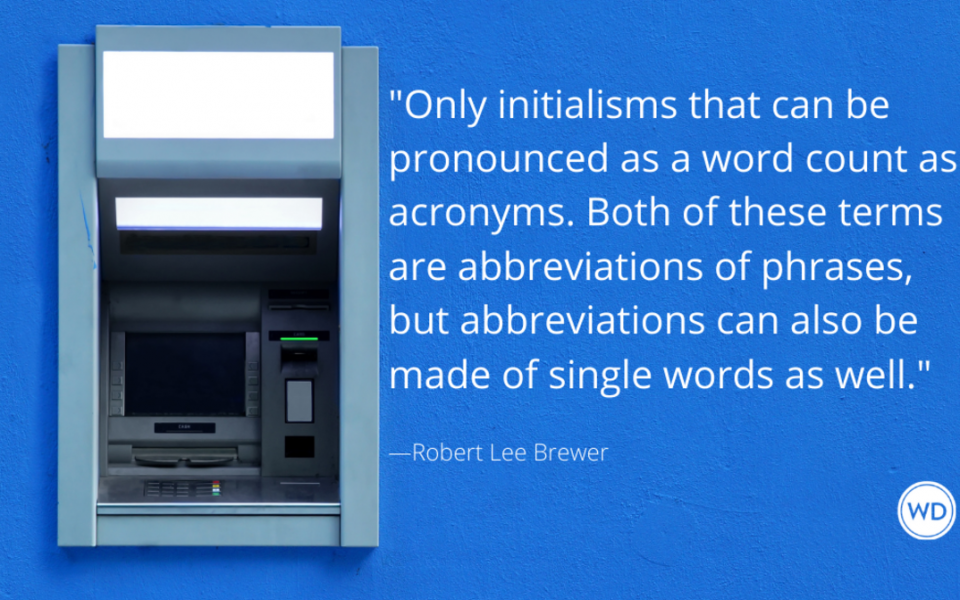Grammar / 8 posts found
How To Mince Your Words With Mincemeat And Minced Meat
When you mince your words, you are not getting to the point, or you are speaking indirectly or vaguely. We use the expression in the negative form mostly. You might tell someone to stop mincing words and speak more clearly. But we generally associate the word mince with food when we grind, hash or chop into tiny pieces. It leads me to two of my favorite mince words and a little bit of grammar. Mince and minced as a mass noun and adjective Forgive me if I’m about to mince my words here. But I’ll try to get to the […]
Typography Since the Typewriter
(Editor’s Note: Please enjoy this piece from Michael Arndt on typography since the typewriter. Understandably, Arndt is a little particular in how the fonts in this piece should display. However, our web platform, much like the typewriters mentioned in this piece, is a little limited in font options, so we’ve made images of his piece to retain style and formatting.) Learn more about Michael Arndt’s Snails & Monkey Tails: A Visual Guide to Punctuation & Symbols IndieBound | Amazon (Writer’s Digest uses affiliate links.) ***** No matter what type of writing you do, mastering the fundamentals of grammar and mechanics […]
Death Throes Or Death Throws – Here’s How To Get It Right
Death throes is an expression that authors, in particular, might use in writing from time to time. What is odd is that the noun, throes, is a plural noun rarely seen in its singular form. In fact, many dictionaries don’t mention the singular form. It’s an unusual expression, but be careful not to confuse it or misspell it as death throws. As with many other phrases and words that sound the same, you can’t rely on your spellchecker for this one. What’s the meaning of death throes? Although rarely seen, the singular noun throe means a sharp attack of emotion, […]
Parody vs. Pastiche (Grammar Rules)
If you’ve heard the terms parody and pastiche tossed around, but you’re not sure how they’re different (or how they’re related), you’re in the right place. Because we’re about to look at what each word means and how these two similar terms differ. (Grammar Rules for Writers.) Learn when you’re using parody vs. pastiche in your writing with Grammar Rules from the Writer’s Digest editors, including a few examples of each. Parody vs. Pastiche Parody is a noun that refers to a work of art or literature that is an exaggerated imitation of another piece of art or literature with […]
Hazard A Guess Or Has At A Guess? Which One Is Correct?
Hazard a guess or has at a guess? You often see both of these expressions used in writing. However, the correct phrase is hazard a guess. Because the two phrases sound almost the same when speaking, it’s very easy to get it wrong. But yes, to have a guess is perfectly correct. So why do we use hazard? Why is hazard a guess correct? We use the word hazard mainly as a noun, which means there is a danger or a risk. But we rarely use the word as a verb. When we do, the meaning changes considerably. It indicates […]
Desperate vs. Disparate (Grammar Rules)
For this Grammar Rules post, we look at two disparate words that sound desperately similar when spoken aloud. While both are adjectives, they have disparate definitions for people desperate for the best word for their unique situation. (Common Writing Mistakes and How to Fix Them.) So let’s look at the differences between desperate and disparate and when to use each. Desperate vs. Disparate Desperate is an adjective that can take on a few different meanings. First, it can mean giving up hope or the possibility of hope. Second, it can describe an action taken in response to this despair. Third, it […]
Tic vs. Tick (Grammar Rules)
Tic and tick are homophones that have very different meanings. One word is often tied to involuntary (or unconscious) movements or language, while the other has to do with clocks, sounds, counting, and bloodsucking arachnids. (Common Writing Mistakes and How to Fix Them.) So let’s look at the differences between tic and tick and when to use each. Tic vs. Tick Tic is a noun that refers to a frequent quirk of behavior or speech of a person. For instance, a person who says “um” frequently between words or the word “like” would be considered to have a verbal tic or […]
Abbreviation vs. Acronym vs. Initialism (Grammar Rules)
If you have trouble understanding the difference between an abbreviation, acronym, and initialism, don’t worry: They’re easy to mix up. In fact, they often overlap each other. But this post will attempt to untangle these terms ASAP. (Grammar Rules for Writers.) Learn when you’re using an abbreviation vs. acronym vs. initialism with Grammar Rules from the Writer’s Digest editors, including a few examples of correct usages. Abbreviation vs. Acronym vs. Initialism Abbreviation is the shortened form of a word or phrase intended to speed up communication and/or use fewer symbols. For instance, using “vs.” for “versus” or “dept.” for “department” as […]








